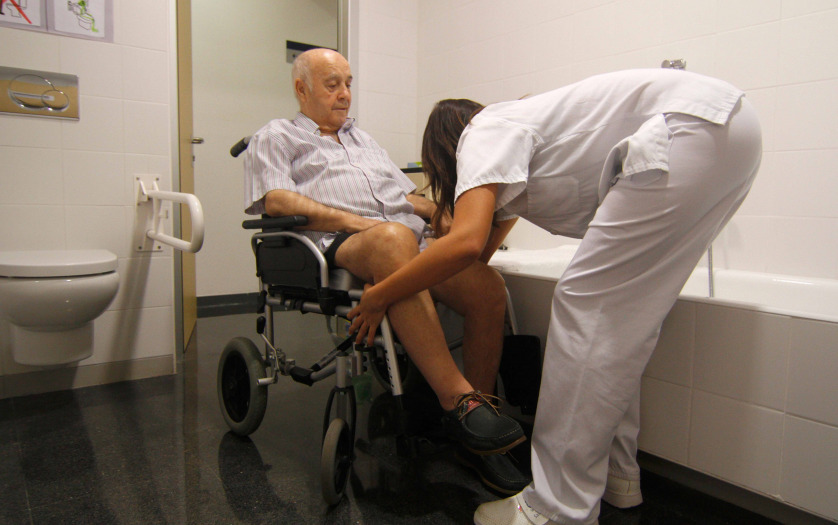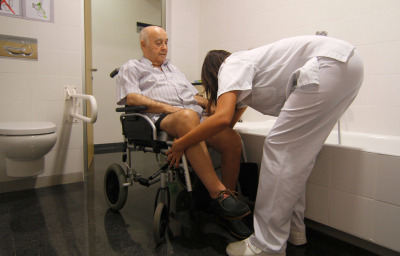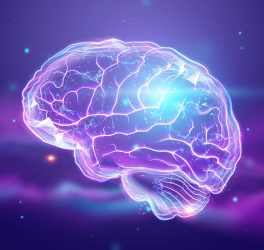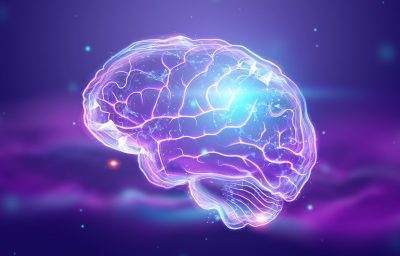
A large international trial has confirmed previous findings that a commonly used antidepressant is not effective in supporting the recovery of patients who have had a stroke.
The results of the study, led by researchers from The University of Western Australia and The George Institute for Global Health in Sydney, were presented live last night at a webinar facilitated by the joint European and World Stroke Organisation.
Graeme Hankey, Professor of Neurology at UWA’s School of Medicine and Pharmacology, discussed the effectiveness of the drug fluoxetine, which has been used for many years to treat depression, in improving physical recovery and reducing disability after stroke in an ethnically diverse population.
Stroke occurs when there is a sudden loss of blood supply to a localised area of the brain. It is the second major cause of disability globally, however there are few strategies to help people recover everyday functions such as walking, talking and getting dressed and improve other patient outcomes.
Fluoxetine affects chemicals in the brain and was thought to improve neurological recovery and reduce disability after stroke.
The aim of the trial was to evaluate whether a six-month course of fluoxetine was safe and effective for improving functional outcome after an acute stroke compared to placebo.
The trial involved 1280 volunteers from Australia, New Zealand and Vietnam. They were asked to take fluoxetine or an identical placebo capsule containing no fluoxetine, once a day for six months.
At the end of the trial people were asked about their functional recovery as well as many other aspects of recovery including depression, communication, fatigue and any other health problems.
The results of the study will be published in The Lancet Neurology in the coming weeks.








